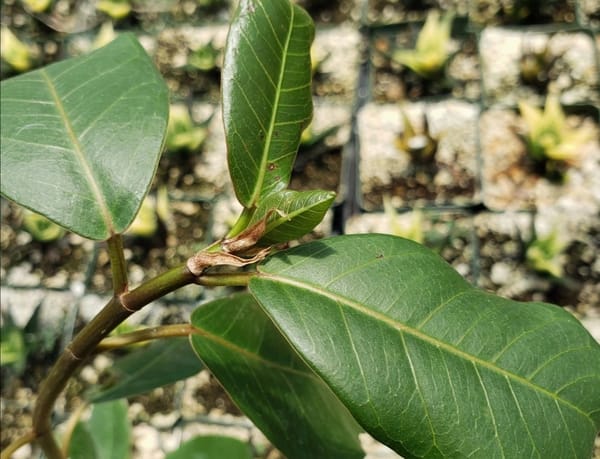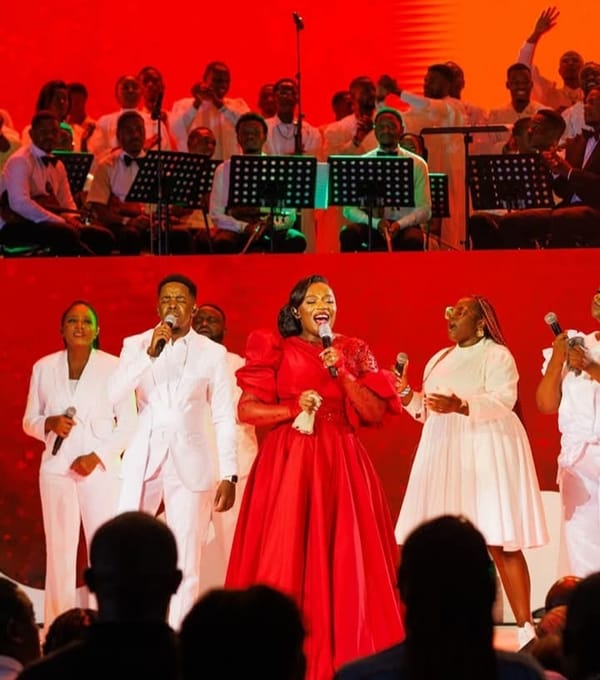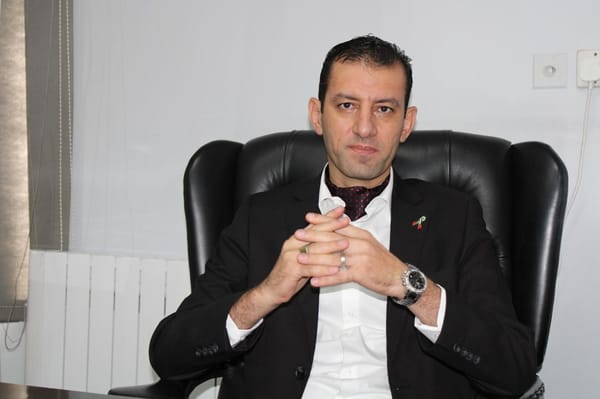Culturetalk With Chief Svosve
Culture is a big concept, but it's essentially the way of life of a particular group of people. It includes things like their beliefs, values, customs, traditions, language, art, music, and food. It's what makes each society unique.
African culture is incredibly diverse, reflecting the continent's rich history and the many different ethnic groups that call it home. African culture is vibrant and expressive, with a focus on community, family, and storytelling. It's also incredibly diverse, with many different ethnic groups and traditions.
One of the most important aspects of African culture is the concept of ubuntu. Ubuntu is a Zulu word that means "humanity towards others." It's a belief that we are all connected and that our actions should be guided by compassion and respect for others. African art is also incredibly diverse, with a wide range of styles and mediums. African art often tells stories about the history, culture, and beliefs of the people who made it.
African music is also incredibly diverse, with a wide range of styles and rhythms. African music is often used for storytelling, religious ceremonies, and celebrations.
African food is also incredibly diverse, with a wide range of dishes and flavors. African food is often based on locally grown ingredients and is often cooked in a communal setting.
I hope this gives you a better understanding of African culture, my friend! It's a fascinating and complex topic that I could go on and on about. But for now, I'll leave you with this thought: African culture is a rich tapestry of traditions, beliefs, and values that has been passed down from generation to generation. It's a culture that is constantly evolving and changing, but it remains a vital part of the African identity. Culture is however is not static and evolves with time and the ever-changing dynamics and exogenous forces.
Mhakwe Heritage Foundation Trust advocates for Heritage and culture preservation through research and documentation._





